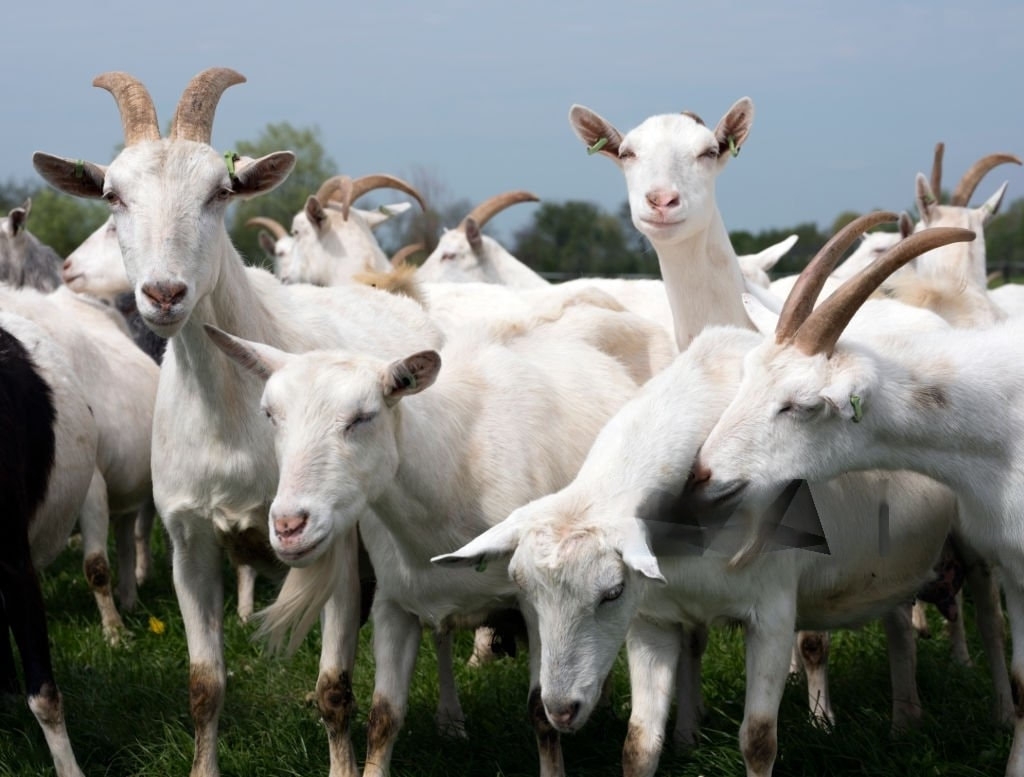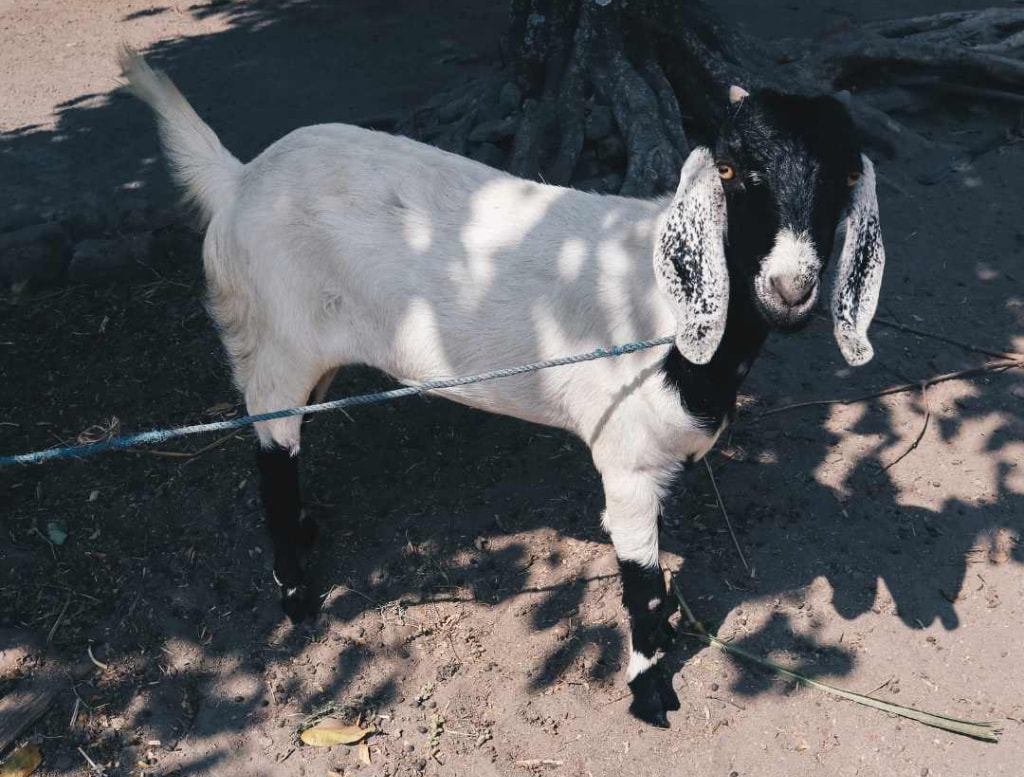• Aqiqah Singapore • |
Aqiqah Singapore Service
The birth of a new child is always an exciting event, and there is no better way to welcome a new life into the world and celebrate the birth than to follow the practices and teachings of the Prophet Muhammad. This ritual is sunnah and mustahabb, so it is not sinful to forgo the practice, but it does offer a wonderful opportunity for modern Muslims to connect with their storied history and show devotion to Allah.
What Is Aqiqah?
It is the ritual sacrifice of an animal, or two animals, on the occasion of a child’s birth. In the days of the Prophet Muhammad, he and his companions performed this ritual each time they were blessed with a newborn child. By performing Aqiqah, families can follow in this tradition of expressing gratitude to Allah and conferring His blessings upon the child.
When Should Aqiqah Be Performed?
The best time to perform this is seven days after the child is born. If this isn’t possible, it’s also fine to perform this sunnah 14 or 21 days after the birth. Parents or guardians who cannot perform Akikah at one of these designated times can also do so at any subsequent 7-day interval until the child reaches puberty. Some parents opt to perform this ritual during the Qurban period, which falls between the 10th and 13th Dhulhijjah.
Purpose of Aqiqah
It is mentioned in a hadeeth of the Prophet that every child is in pledge for his Aqiqah. Some scholars believe this means that if the child dies during childhood, he will not be able to intercede for his parents unless Akikah has been performed. Others interpret it as a ridding of the Shaytan and a means of offering protection to the child, meaning that children may miss out on good things if parents do not perform this ritual. Either way, it’s clear that this ritual sacrifice plays an important role in protecting the child, even if it is considered sunnah and is not mandatory.
When Should Aqiqah Be Performed?
The best time to perform this is seven days after the child is born. If this isn’t possible, it’s also fine to perform this sunnah 14 or 21 days after the birth. Parents or guardians who cannot perform Akikah at one of these designated times can also do so at any subsequent 7-day interval until the child reaches puberty. Some parents opt to perform this ritual during the Qurban period, which falls between the 10th and 13th Dhulhijjah.
Purpose of Aqiqah
It is mentioned in a hadeeth of the Prophet that every child is in pledge for his Aqiqah. Some scholars believe this means that if the child dies during childhood, he will not be able to intercede for his parents unless Akikah has been performed. Others interpret it as a ridding of the Shaytan and a means of offering protection to the child, meaning that children may miss out on good things if parents do not perform this ritual. Either way, it’s clear that this ritual sacrifice plays an important role in protecting the child, even if it is considered sunnah and is not mandatory.
Benefits of Aqiqah
The benefits of Aqiqah extend beyond offering protection and blessings to the child. This tradition also gives parents the chance to announce the birth of their child as a blessing from Allah and to celebrate that blessed occasion with family members, friends, and neighbors. It is also sunnah for both parents and the poor to feast on the meat obtained during the slaughter, meaning that this wonderful Sunnah also leads to a wealth of nutritious food that can, and should, be shared with the poor.
Conditions of the Animals in Aqiqah
The animals to be slaughtered during the performance of Akiqah must be either goats, cows, or camels. Cows must be more than three years old, goats must be more than two years old, and camels must be over the age of six. The animals must be free from any defect or handicap, including blindness, illness, lameness, and undernourishment, and must be slaughtered in the correct ways.
For newborn boys, when performing Aqiqah Singapore parents should slaughter two animals. If they are welcoming a baby girl into the world, they should slaughter one animal. Either way, the conditions of the animals must be the same as those dictated for animals slaughtered in Qurban.
Conditions of the Animals in Aqiqah
The animals to be slaughtered during the performance of Akiqah must be either goats, cows, or camels. Cows must be more than three years old, goats must be more than two years old, and camels must be over the age of six. The animals must be free from any defect or handicap, including blindness, illness, lameness, and undernourishment, and must be slaughtered in the correct ways.
For newborn boys, when performing Aqiqah Singapore parents should slaughter two animals. If they are welcoming a baby girl into the world, they should slaughter one animal. Either way, the conditions of the animals must be the same as those dictated for animals slaughtered in Qurban.
What Is Qurban?
Qurban is the ritual sacrifice of livestock to Allah. It is only performed during the 10th and the 13th Dhulhijjah, when Muslims around the world sacrifice goats, sheep, cows, or camels as an homage to the Prophet Ibrahim’s willingness to sacrifice his own son, Ismail. By performing Qurban Singapore, families can also participate in this important ritual.
The time for slaughter begins soon after sunrise on the 10th Dhulhijjah after adherents of Islam have had time to perform two short rakaat and two short khutbah. Followers of Allah then have until sunset on the last day of Tasyriq, the 13th Dhulhijjah, to perform Qurban.
Camels and cows can fulfill the sunnah for up to seven people, while sheep and goats cannot be shared among families. Following the slaughter, one-third of the meat must go to the poor. Traditional Muslim families will then split the rest of the meat evenly among their families and their neighbors, relatives, or friends.
Although Qurban is considered sunnah muakkadah and is not mandatory, the Prophet Muhammad stated that “there is nothing dearer to Allah during the days of sacrifice than the sacrificing of animals” (Ibn Majah). The sacrifice brings Muslims closer to Allah.
Differences Between Aqiqah and Qurban
Let’s recap the most important differences between Akikah and Qurban. First, Akiqah is only performed once in a person’s lifetime before the adherent reaches puberty, but ideally on the 7th, 14th, or 21st day after the birth. Qurban, on the other hand, can be performed every year.
A second important difference is that there is no limit on how many animals can be sacrificed when performing Qurban. With Akikah, the sunnah is one goat for a girl and two goats for a boy, although camels or cows may be substituted. It’s also acceptable to perform Akikah during Qurban, provided the timing works out.
Both Akiqah and Qurban were performed by the Prophet Muhammad and early followers of Islam. Both are sunnah, although Aqiqah gives thanks for the birth of a child while Qurban gives thanks for day-to-day lives. Both traditions remain alive and well in Singapore and across the world today.
Register for Services
Expecting a child? It’s best to register for Aqiqah Singapore Services in advance. Devout parents owe it to Allah and to their children to perform Akiqah. The whole family can perform Qurban together as long as there are seven or fewer members by slaughtering a camel or a cow rather than a goat or a sheep, but don’t assume that is enough. It’s important to offer thanks to Allah and receive His blessing on the occasion of a new birth.
The time for slaughter begins soon after sunrise on the 10th Dhulhijjah after adherents of Islam have had time to perform two short rakaat and two short khutbah. Followers of Allah then have until sunset on the last day of Tasyriq, the 13th Dhulhijjah, to perform Qurban.
Camels and cows can fulfill the sunnah for up to seven people, while sheep and goats cannot be shared among families. Following the slaughter, one-third of the meat must go to the poor. Traditional Muslim families will then split the rest of the meat evenly among their families and their neighbors, relatives, or friends.
Although Qurban is considered sunnah muakkadah and is not mandatory, the Prophet Muhammad stated that “there is nothing dearer to Allah during the days of sacrifice than the sacrificing of animals” (Ibn Majah). The sacrifice brings Muslims closer to Allah.
Differences Between Aqiqah and Qurban
Let’s recap the most important differences between Akikah and Qurban. First, Akiqah is only performed once in a person’s lifetime before the adherent reaches puberty, but ideally on the 7th, 14th, or 21st day after the birth. Qurban, on the other hand, can be performed every year.
A second important difference is that there is no limit on how many animals can be sacrificed when performing Qurban. With Akikah, the sunnah is one goat for a girl and two goats for a boy, although camels or cows may be substituted. It’s also acceptable to perform Akikah during Qurban, provided the timing works out.
Both Akiqah and Qurban were performed by the Prophet Muhammad and early followers of Islam. Both are sunnah, although Aqiqah gives thanks for the birth of a child while Qurban gives thanks for day-to-day lives. Both traditions remain alive and well in Singapore and across the world today.
Register for Services
Expecting a child? It’s best to register for Aqiqah Singapore Services in advance. Devout parents owe it to Allah and to their children to perform Akiqah. The whole family can perform Qurban together as long as there are seven or fewer members by slaughtering a camel or a cow rather than a goat or a sheep, but don’t assume that is enough. It’s important to offer thanks to Allah and receive His blessing on the occasion of a new birth.
FAQ
How does SG Aqiqah facilitate the aqiqah procesS?
At SG Aqiqah, we aim to simplify and enhance the aqiqah process for our customers. Our platform allows you to conveniently place your aqiqah order online. Simply visit our website at www.sgaqiqah.com, choose your preferred package, and follow the easy steps to complete your order. We handle the entire process, from selecting a healthy animal to the final delivery of the aqiqah meat to the needy. Our experienced team ensures that the aqiqah is performed in accordance with Islamic principles, providing you with a hassle-free and meaningful experience.
Are there specific guidelines for selecting and sacrificing an animal for aqiqah?
Yes, SG Aqiqah follows strict guidelines to ensure that the aqiqah process adheres to Islamic principles. We carefully select healthy and appropriate animals for sacrifice, meeting the requirements outlined in Islamic jurisprudence. Our team of skilled professionals ensures that the sacrifice is performed with utmost care and in accordance with the Sunnah of Prophet Muhammad (peace be upon him).
Can I customize my aqiqah order based on my preferences or requirements?
Absolutely! SG Aqiqah understands that each customer may have unique preferences or requirements. We offer customization options to tailor your aqiqah order according to your specific needs. Whether you have specific preferences for the type of animal, the quantity of meat, or any other special requests, we are here to accommodate and fulfill your requirements to the best of our ability.
What areas do you serve, and what is the delivery process for aqiqah meat?
SG Aqiqah currently execute the task in Indonesia and distribute the meat to the community in Indonesia that are in need. Our delivery process is designed to be efficient and reliable. Once your aqiqah is performed, we take care of the processing, packaging, and timely delivery of the meat to the needy. Our delivery team ensures that the aqiqah meat reaches you fresh and in accordance with the highest hygiene standards.
What should I do if there are any issues or concerns with my aqiqah order?
At SG Aqiqah, customer satisfaction is our top priority. If you encounter any issues or have concerns with your aqiqah order, please don't hesitate to contact our customer support team. You can reach us at [email protected], and our dedicated team will assist you in resolving any issues promptly. Your feedback is valuable to us, and we are committed to ensuring a positive and fulfilling aqiqah experience for you.




